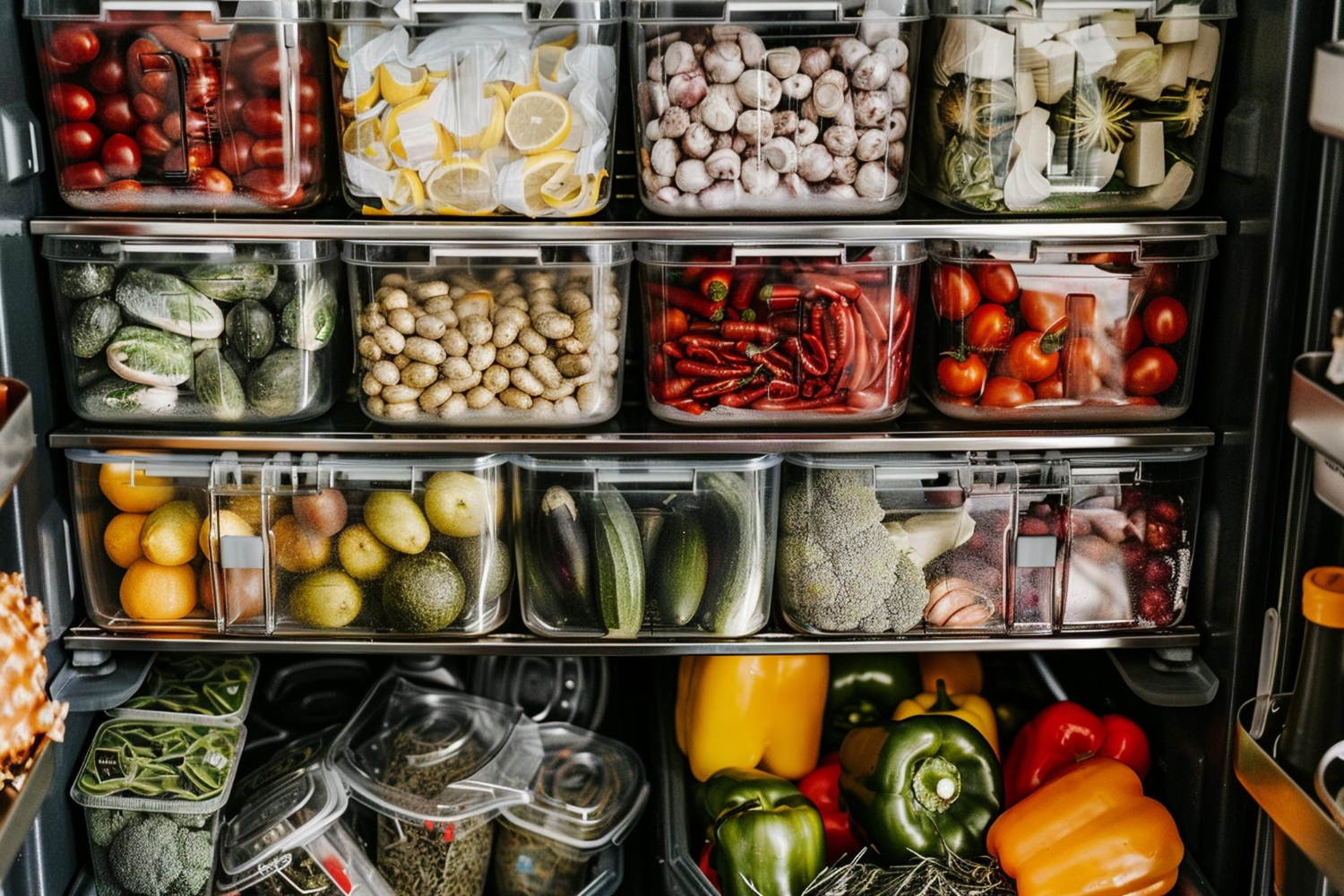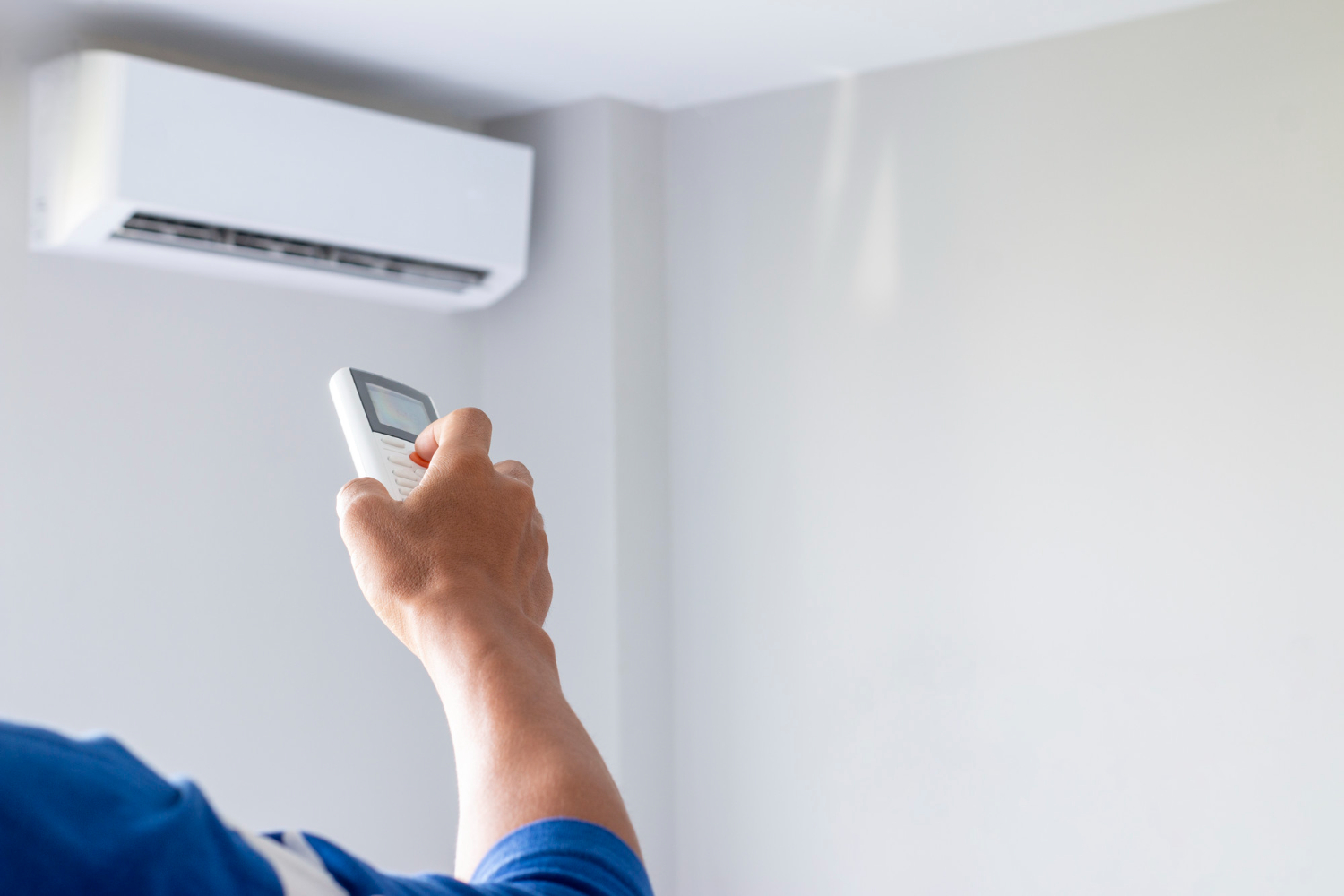A well-functioning furnace not only keeps your space warm and comfortable but also plays a vital role in energy efficiency and cost savings. For those in the market for a new furnace, the choices can be overwhelming. To help you navigate through the options and make an informed decision, Weather Cool Inc. brings you this guide on the three key factors that determine the right furnace for your needs. Feel free to get in touch with us for all your HVAC service in Stafford.
Ready to Choose the Right Furnace? Let Us Guide You
Fuel Type: Understanding Your Options
The first and foremost factor to consider when choosing a furnace is the type of fuel it uses. The most common types of furnaces are powered by electricity, natural gas, or oil. Every fuel type comes with its own distinct benefits and factors to take into account.
- Electric Furnaces: These are clean, efficient, and relatively easy to install. They are a great option for homes without access to natural gas or propane. However, electric furnaces tend to have higher operational costs compared to those powered by gas.
- Natural Gas Furnaces: Widely popular for their efficiency and cost-effectiveness, natural gas furnaces are connected to the gas supply line in your home. They provide consistent heating and are often considered an environmentally friendly option.
- Oil Furnaces: While becoming less common, oil furnaces are still a viable option for homes without access to gas. They are known for their durability and can be a cost-effective choice in certain regions. However, the need for an on-site oil storage tank and fluctuating oil prices may impact overall costs.
When choosing the right fuel type, consider factors such as local availability, cost, and environmental impact. Weather Cool Inc.’s expert team can help you assess your specific needs and recommend the most suitable fuel type for your furnace.
Efficiency Ratings: Maximizing Performance and Savings
Furnace efficiency is a critical factor that directly impacts both your comfort and your wallet. The Annual Fuel Utilization Efficiency (AFUE) rating is the standard measure of a furnace’s efficiency. AFUE represents the percentage of the fuel that is converted into usable heat. A furnace’s efficiency increases with a higher AFUE rating.
- High-Efficiency Furnaces: These units typically have AFUE ratings of 90% or higher, meaning they convert 90% or more of the fuel into heat. While high-efficiency furnaces may have a higher upfront cost, they can significantly reduce your energy bills over time, making them a wise long-term investment.
- Standard Efficiency Furnaces: These furnaces have AFUE ratings ranging from 80% to 89%. While they are less expensive upfront, they may cost more to operate in the long run.
Standard efficiency furnaces are still a viable option for those on a tighter budget or in milder climates where the heating load is less demanding.
Choosing the suitable efficiency level depends on various factors, including your budget, climate, and long-term savings goals. Our team of experts can guide you through the available options, helping you strike the perfect balance between upfront costs and long-term efficiency gains.
Size and Capacity: Matching Your Furnace to Your Space
Selecting the right size and capacity for your furnace is vital to ensure optimal performance and energy efficiency. A furnace that is too small will struggle to heat your space adequately, leading to discomfort and increased wear and tear. On the other hand, an oversized furnace may cycle on and off frequently, wasting energy and causing unnecessary wear.
- Calculating Heating Load: The heating load of your space is influenced by factors such as square footage, insulation, windows, and local climate. We can perform a thorough assessment to determine the heating load accurately.
- Right-Sizing Your Furnace: Once the heating load is determined, it’s essential to choose a furnace with the appropriate capacity. Furnace capacity is quantified in British Thermal Units (BTUs). A furnace that is too small will struggle to keep up with demand, while one that is too large will cycle on and off frequently, leading to inefficiency and potential damage.
- Zoning Systems: For larger homes with varying heating needs in different areas, zoning systems can be a valuable addition. These systems allow you to control the temperature independently in different zones, optimizing comfort and energy usage.
Choosing the right furnace requires considering fuel type, efficiency ratings, and size. At Weather Cool Inc., we understand the importance of a well-functioning furnace. Our experts will assist you in selecting the perfect furnace that meets your needs and keeps your home or workplace warm throughout winter. We are knowledgeable in the latest technologies and industry standards and will guide you from assessment to installation. We also offer reliable furnace repair services to keep your furnace running efficiently for years to come.
Don’t let the overwhelming market options deter you from finding the perfect furnace for your space – we are here to help. Let us be your trusted partner in keeping you warm and cozy all winter long. Contact us now to learn more!






